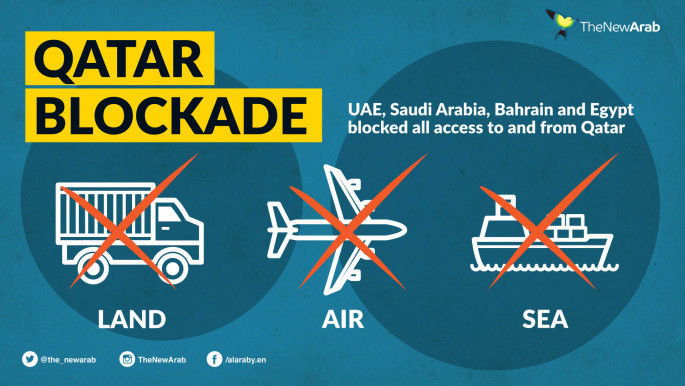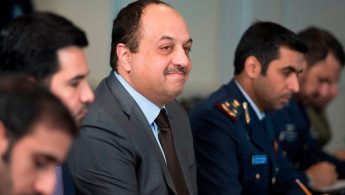Trump ‘retreated’ from supporting Qatar blockade due to strategic relationship with Doha: defence minister
US President Donald Trump abandoned support for the Gulf states' blockade of Qatar in 2017 when he realised Washington's key relationship with Doha, Qatari Defence Minister Khalid Al-Attiyah said this weekend.
In an interview with Al-Jazeera's "Zero Distance TV" show on Sunday evening, Al-Attiyah claimed that Washington prevented an attempted invasion of Qatar by Saudi Arabia, the UAE Bahrain and Egypt in 2017.
"There is intelligence evidence documented by heads of state, proving that there was an intention to carry out a military invasion of the State of Qatar," he said.
"Trump retreated from his position in support of the blockading countries once he understood the strategic relationship between Qatar and the United States."
Over the summer, it was revealed in a new report that Saudi Arabia in 2017 proposed to Trump a plan to invade Qatar.
Saudi King Salman reportedly spoke to Trump on 6 June 2017, suggesting a ground invasion of Qatar, it is alleged.
Trump strongly rejected the Saudi proposal, asking Kuwait to mediate between the GCC states.
Read more: GCC crisis explained: Why is Qatar under blockade by Saudi Arabia and its allies?
Al-Attiyah hit back at recent think tank speculation that claimed a rift exists between Doha and Washington
"The relations of Qatar and America are not governed by the research centres from foreign countries, but rather it is a relationship of a strategic alliance based on mutual respect and common interests."
The Gulf states of Saudi Arabia, Bahrain, the UAE and other allies abruptly severed ties with Qatar in June 2017, accusing the gas and oil-rich country of backing radical Islamists and Iran.
They imposed wide-ranging punitive measures including banning Qatari planes from their airspace, closing the Gulf state's only land border with Saudi Arabia, and expelling Qatari citizens.
Doha strongly denies the allegations.
Last year the ICJ - set up in 1946 to rule in disputes between UN member states - rejected a request by the UAE to take special measures against Qatar.
It came after Doha won a case at the court in 2018 over the alleged discrimination against its citizens by blockading Gulf states.
Doha in June again accused the Saudi-led alliance of refusing to engage in US-backed efforts to resolve the crisis.
Follow us on Facebook, Twitter and Instagram to stay connected





 Follow the Middle East's top stories in English at The New Arab on Google News
Follow the Middle East's top stories in English at The New Arab on Google News


